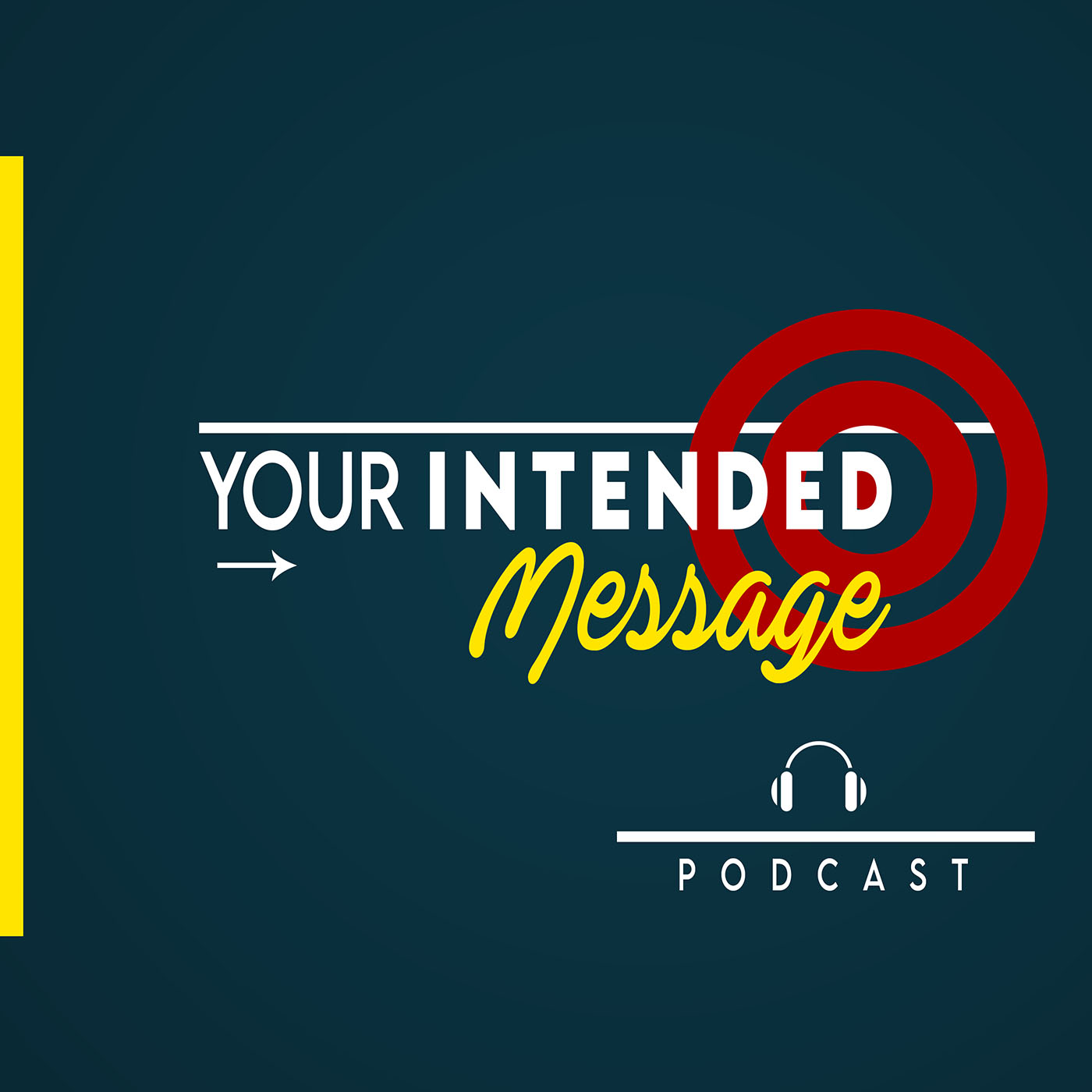
Episode 83
Topics and ideas we discuss:
Devin Marks has trained hundreds of speakers to deliver TED, TEDX and TED-style talks.
Get your copy of Top 3 Secrets for Connecting with Online Viewers.
Click the link or visit ConnectToCompel.com
Excerpts from this conversation with Devin Marks
06:36
When you're working with potential Ted, or TEDx speakers, or Ted type talks, where do you start with them?
06:46
Always with their story. One of my favourite questions is what brought you to this invitation to deliver a talk?
Just walk me through the career path, the life path, the relationship path that led to today? What I it's always fun, especially when I'm working with engineers who always preface that with I don't have any stories.
There's a rich seedbed of story in the career, the relational and the life path, and it probably is connected. That's what the rearview mirror is for, to what they're doing today.
The big idea they're called to share. And then from there, we typically begin to ask, what is that big idea?
And can we mill it down and begin refining it through a six step process? I call that the idea mill.
Focusing on that first principle.
There's probably about 400 words and about a three and a half minute discourse. And it's unwieldy and misshapen. And it's sometimes their pre idea, and they've got six of these floating around, we want to hone in on that one over time.
And then begin tweaking, refining, balancing it, tightening it concentrating it, we want it to be tweet length, or shorter, memorable, illiterate, etc.
-----
11:17
I've been told that most people take too long setting up the story.
11:24
So true, too much detail too much this that the other just enough, we need just enough. I liken a TED Talk to climbing Mount Everest.
And I'm not going to ask you to do that on your own. I'm a Sherpa. I'm a servant to your ambition.
And so I'll lead you up Mount Everest, we've been up and down many, many, many times. I know where the gravel crumbles, I know where the wind is bad and the sun is too hot and waters good or bad.
We can go a number of ways. But trust me in this path. Well, I mean, they're grappling hooks, we need to toss onto the side of that mountain and pull up.
And those are those relatable details. Those are those little two or three is all you need to establish credibility and ideally share something of your story that's relatable, and that the audience can import into their own story and future.
Right. I've done that before. Oh, I want to go with you on this journey.
-----
19:59
What mistakes do you see business leaders committing in their style or delivery, when they come to you that you need to cleanse out of their system.
20:17
Too often they're accustomed to being the sage on stage, the authority figure that no one tells them, they're doing anything wrong.
And so that that certainty that they got it is a confidence but also it hobbles them in the delivery that is a TED talk.
Because a TED talk or a TED level delivery in any context, involves a great deal of rehearsing a great deal of coaching and a great deal of feedback from general audience members.
And that feedback loop improves the delivery every time. And that, that takes a little bit of courage to let go of control.
-----
----more----
In these interviews we will explore presentation skills, public speaking, conversation, persuasion, negotiation, sales conversations, marketing, team meetings, social media, branding, self talk and more.
Your host is George Torok
George is a specialist in communication skills. Especially presentation. He’s fascinated by the links between communication and influencing behaviours. He delivers training and coaching programs to help leaders and promising professionals deliver the intended message for greater success.
Connect with George
www.SpeechCoachforExecutives.com
https://www.linkedin.com/in/georgetorokpresentations/
https://www.youtube.com/user/presentationskills

 Tackle Wicked Challenges with Human Ingenuity: Ken Tencer
Build Innovation Teams That Thrive in Ambiguity
Human Ingenuity: Clever, Inventi
Tackle Wicked Challenges with Human Ingenuity: Ken Tencer
Build Innovation Teams That Thrive in Ambiguity
Human Ingenuity: Clever, Inventi
 High-Stakes Communication - Crisis or Launch: Angela Betancourt
High-Stakes Communication: Lessons for Leaders
From Crisis to Product Launch: Ma
High-Stakes Communication - Crisis or Launch: Angela Betancourt
High-Stakes Communication: Lessons for Leaders
From Crisis to Product Launch: Ma
 Sales Success Starts with Mindset: Ashely Beck Cuellar
Cold Calling in 2025: Strategies That Still Work
Combining Emotional Intelligenc
Sales Success Starts with Mindset: Ashely Beck Cuellar
Cold Calling in 2025: Strategies That Still Work
Combining Emotional Intelligenc
 Resourcefulness, Resilience & Collaboration: Mitch Weisburgh
Stop Your Brain from Sabotaging Your Happiness and Success
Mind Shifting for Lea
Resourcefulness, Resilience & Collaboration: Mitch Weisburgh
Stop Your Brain from Sabotaging Your Happiness and Success
Mind Shifting for Lea